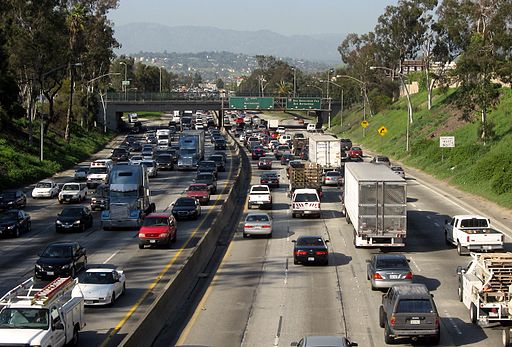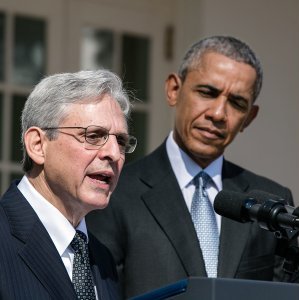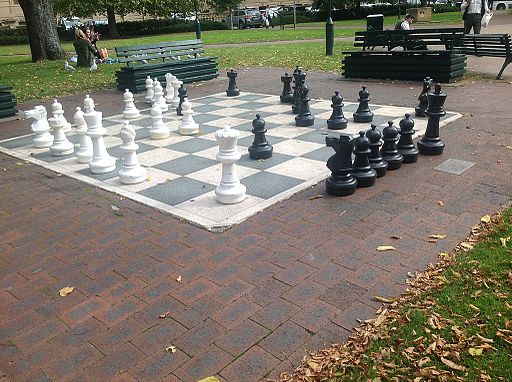 Do you remember when a few people suggested that Obama would crown himself dictator, run for a third term, confiscate all of the guns, etc., etc.? Now that the primaries and caucuses for the election of his successor are virtually complete, those fears seem to have dissipated, replaced with new fears, of course. And stoking fear happens across the political spectrum. Someone is taking away our opportunities (whether identified as immigrants or the superrich). Someone is trying to take away our vote (whether a particular party or campaign, SuperPACs or legislators through redistricting and new voting requirements). If the other party (whichever is other within the conversation) comes to power, they will take away vital rights (reproductive choice, second amendment, privacy, etc.). We are repeatedly told to be afraid. With all the talk of fear, it appears that the freedoms and quality of life in the United States hang by a thread.
Do you remember when a few people suggested that Obama would crown himself dictator, run for a third term, confiscate all of the guns, etc., etc.? Now that the primaries and caucuses for the election of his successor are virtually complete, those fears seem to have dissipated, replaced with new fears, of course. And stoking fear happens across the political spectrum. Someone is taking away our opportunities (whether identified as immigrants or the superrich). Someone is trying to take away our vote (whether a particular party or campaign, SuperPACs or legislators through redistricting and new voting requirements). If the other party (whichever is other within the conversation) comes to power, they will take away vital rights (reproductive choice, second amendment, privacy, etc.). We are repeatedly told to be afraid. With all the talk of fear, it appears that the freedoms and quality of life in the United States hang by a thread.
And yet, if we step back and think about it, our way of life is not as tenuous as some would lead us to believe. The horrific shooting in Orlando this past weekend is both tragic and scary, fanning our common fears of mass violence, especially among communities who feel targeted. While people discuss various aspects of the shooting and propose potential policies that might prevent it (depending on which cause they emphasize; homophobia, religious zealotry, access to guns, mental illness, . . . ), we need to remember that we are more likely to die in a traffic accident (as the signboard counts of YTD fatalities remind us) than in a mass shooting, yet that fear is not as visceral. Continue reading “Profitable and Harmful Fear”

 The reporting surrounding President Obama’s nomination of Merrick Garland as Supreme Court justice both reveals and complicates the concept of privilege in an intriguing manner. Many of the articles, such as this
The reporting surrounding President Obama’s nomination of Merrick Garland as Supreme Court justice both reveals and complicates the concept of privilege in an intriguing manner. Many of the articles, such as this  Over the last week, many have written about the labeling of ISIS as religious or not, as Islamic or not, both in response to last week’s summit on
Over the last week, many have written about the labeling of ISIS as religious or not, as Islamic or not, both in response to last week’s summit on